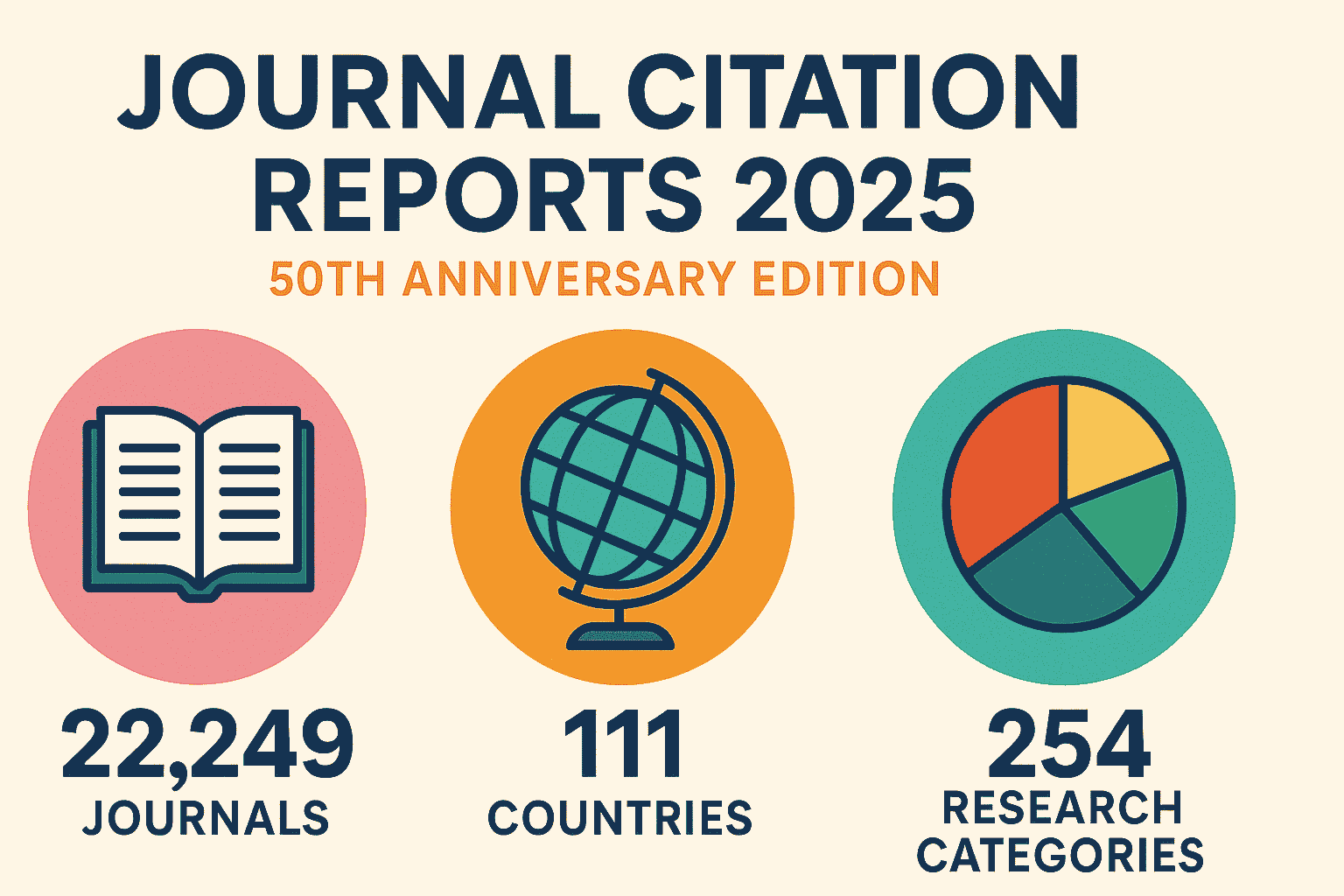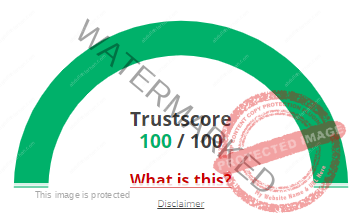Structure/Function Studies of Antigen Processing and Presentation The intricate process of antigen processing and presentation is fundamental to the immune response, enabling the recognition of a vast array of pathogens by T cells. This Read More
Tags :Major Histocompatibility Complex
Antigen Presenting Cells Antigen-presenting cells (APCs) play a crucial role in the immune system, bridging innate and adaptive immunity. They are responsible for capturing, processing, and presenting antigens to T cells, thus enabling the body Read More
Intracellular Events in Antigen Processing Antigen processing is a vital step in the immune system’s ability to recognize and respond to pathogens. It involves the breakdown of proteins into smaller peptides that can interact Read More
Antigen cross-presentation Antigen cross-presentation is a critical immunological process that allows exogenous antigens, typically presented via MHC class II to CD4+ T cells, to be presented on MHC class I molecules for recognition by CD8+ Read More
MHC Assembly and Trafficking The Major Histocompatibility Complex (MHC) is a critical component of the immune system, essential for the recognition of foreign molecules and the subsequent immune response. MHC molecules are categorized into two Read More
Major Histocompatibility Complex (MHC) Structure, Function & Ligands Contents Introduction There is no biological system more important than the immune system. Its primary function is to shield the organism from potential dangers. Growing up in Read More








